成功是一种习惯!一起来学习《高效能人士的七个习惯》
《高效能人士的七个习惯》:培养高效能的习惯,实现个人和职业的成功。 #生活技巧# #自我提升书籍#
《高效能人士的七个习惯》高居《纽约时报》畅销书排行榜长达30年,在全球140个国家以40种语言出版,影响力仅次于《圣经》。
书内详细阐述了肖恩·柯维对七个习惯学习、实践以及理解的全新观点,为我们揭示了一套让企业和个人永远立于不败之地的制胜法则。
七个习惯:↓↓↓
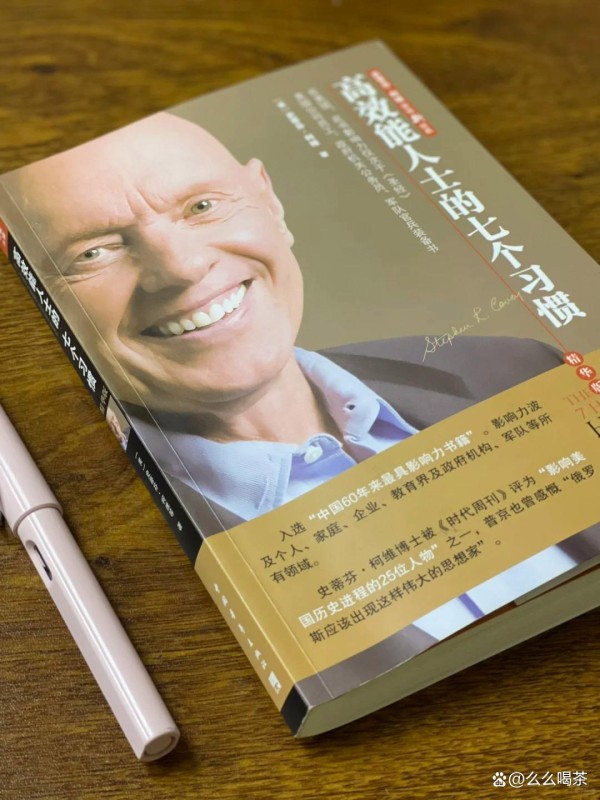
① Embracing Responsibility
Avoiding responsibility often reinforces a negative self-perception. It's crucial to acknowledge mistakes and take action to correct them. While many believe that once established, fixed mindsets are hard to change, this isn't necessarily true. No one else can dictate your life except yourself. Maintain an optimistic and proactive mindset to gradually transform your circumstances. Replace "if only" with "I can."
【积极主动】
面对错误,逃避责任只会加深自我怀疑。我们应敢于正视问题,积极采取措施进行修正。尽管改变固有思维模式看似困难重重,但关键在于我们自己的选择。保持乐观向上的精神风貌,逐步改善现状,用实际行动代替空洞的假设,让“我可以”成为新的信条。
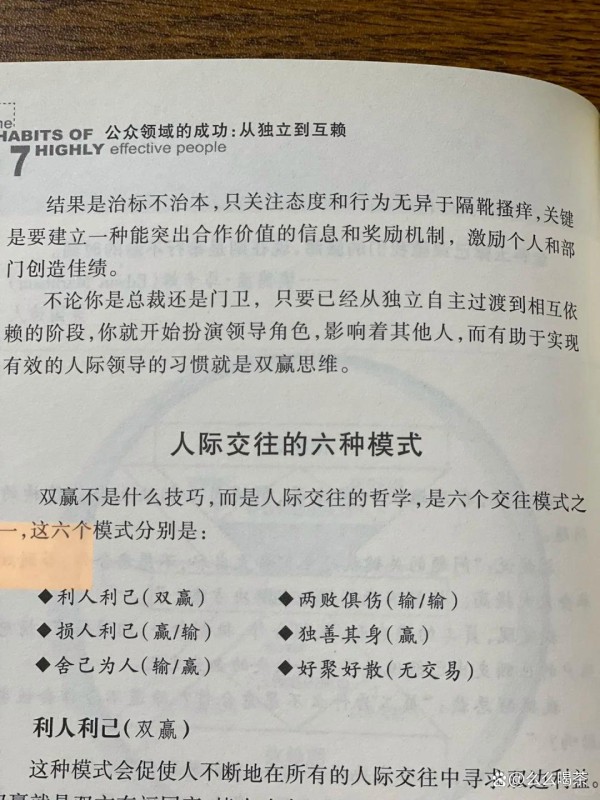
② Setting Clear Goals
Many people work hard towards success but later realize they've been heading in the wrong direction all along, regretting it when it's too late. Hence, busyness doesn't always equate to good outcomes. Before embarking on any endeavor, clarify your direction, set visionary goals, and shape your future accordingly. With numerous choices available, lacking a clear path can easily lead you astray.
【以终为始】
盲目追求成功往往导致南辕北辙。因此,单纯的努力并不总能带来预期的成果。在行动之前,我们需要明确目标,设定清晰的愿景和计划,以此为指引,塑造未来。人生道路千万条,没有明确方向,容易迷失方向。
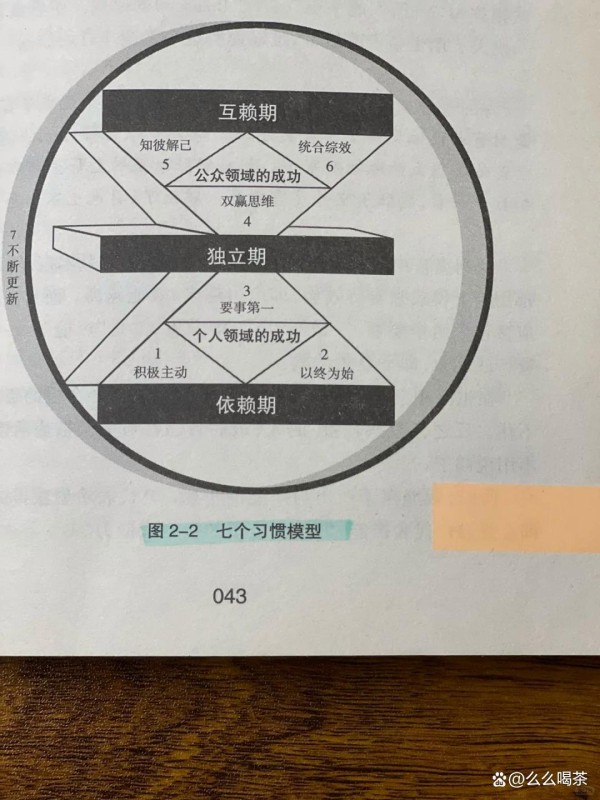
③ Prioritize important matters
Don't let trivial matters dictate your actions. Some people are busy dealing with what they deem important emergencies, but ignore the importance of these emergencies to others. Use a time management matrix table and always focus on things in the second quadrant. Learn to say no. Always remember what you're rejecting. Those who can't say "no" are only doing others' work for them, and sometimes even end up doing things that don't benefit them or others.
【要事第一】
避免被琐事牵绊,专注于真正重要的任务。有些人过于专注于处理紧急但非核心的事务,却忽视了这些事务对他人的重要性。学会运用时间管理工具,始终把精力集中在第二象限的重要且非紧急的事务上。同时,学会适时拒绝,避免为他人的事务过度消耗自己的资源,确保自身价值得到最大化体现。
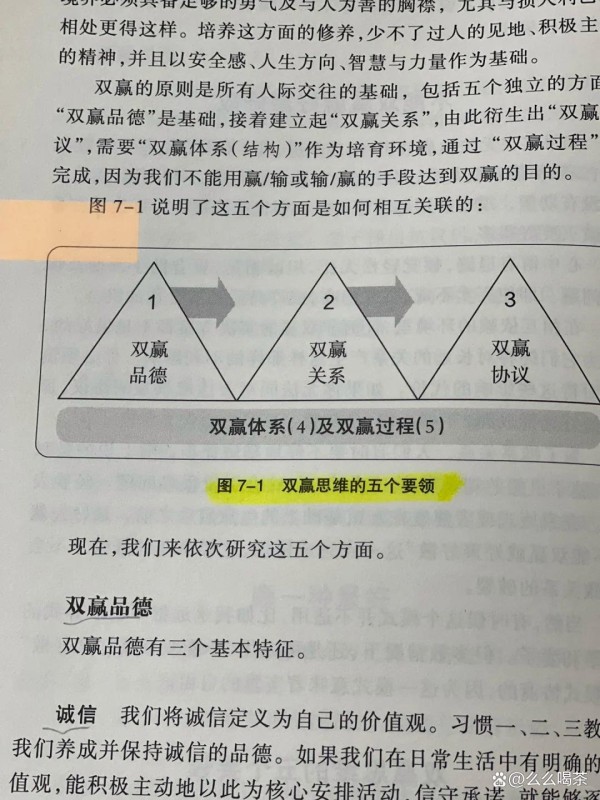
④ Cultivating Win-Win Relationships
The world is vast, providing ample space for everyone's development. Focus on win-win scenarios, building a system from three dimensions: win-win behaviors, ethics, and relationships. Remember, to appreciate flowers, you must first water them.
【双赢思维】
世界之大,每个人都应有足够的发展空间。我们应关注共赢,从双赢的行为模式、道德品质和人际关系三个维度出发,建立自己的双赢体系。记住,付出理解和支持,才能收获他人的欣赏和尊重。
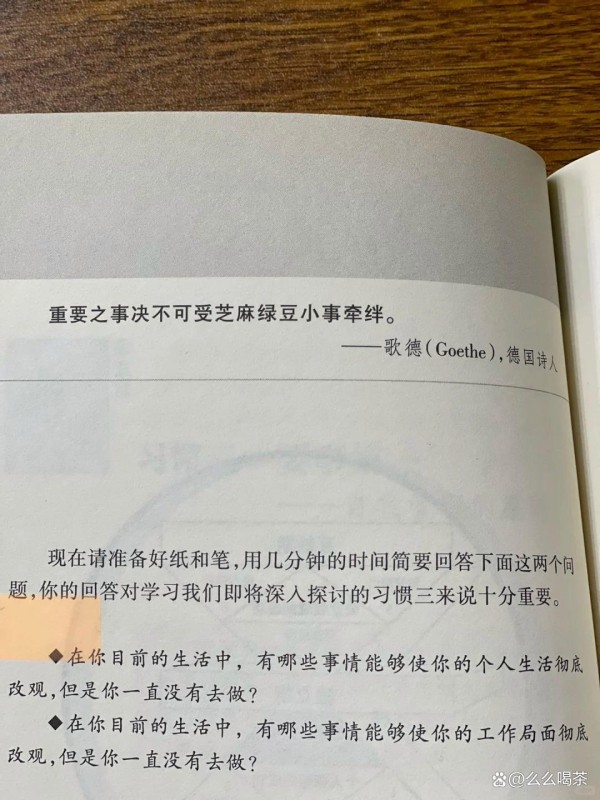
⑤ Understanding Others
To truly understand someone, start by listening to their needs and thoughts. Beyond material needs, humans have deeper psychological needs such as being understood, recognized, appreciated, and valued. Empathetic listening is an effective way to deposit trust and understanding into the emotional bank account.
【知彼解己】
理解他人,需先倾听他们的声音,理解他们的需求和期望。除了物质层面,人类更深层的需求在于心理层面,包括被理解、被认可和被尊重。用同理心倾听,不仅是对他人的尊重,更是在情感账户中存入信任和理解的基石。
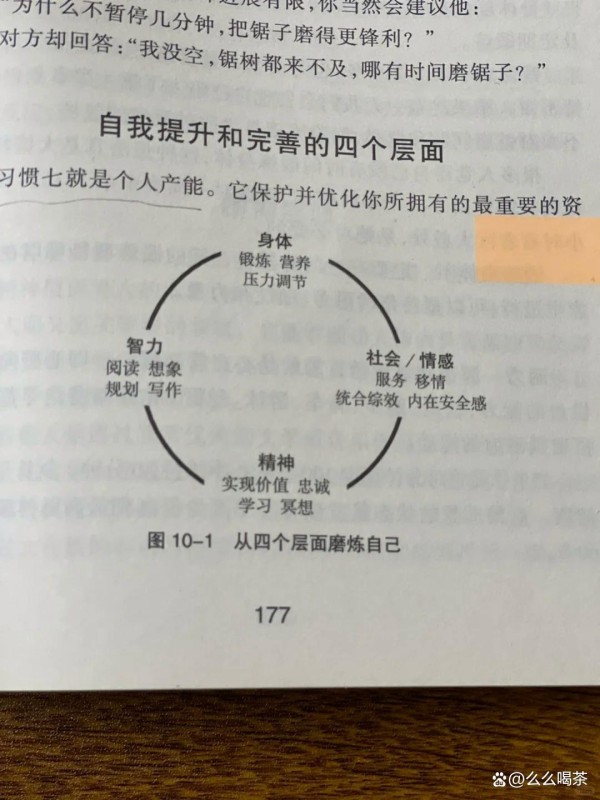
⑥ Synergy.
To put it simply, respect differences, take advantage of strengths, and make up for weaknesses. The goal is for 1+1>2.
【统合综效】
合作的力量远胜于个体。综合效应的实现,关键在于识别并尊重个体差异,实现优势互补。
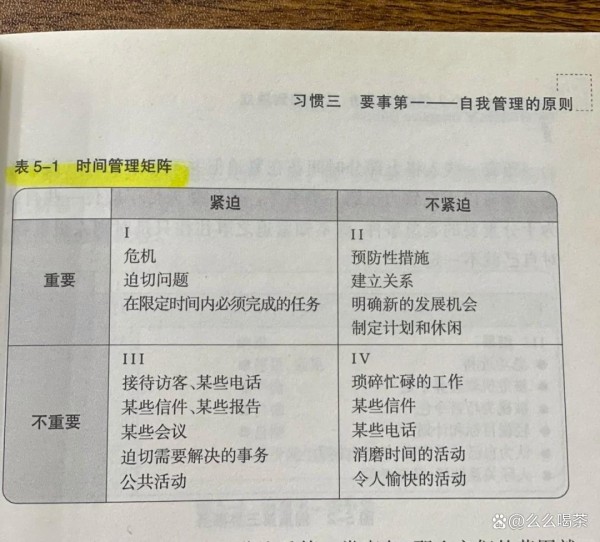
Habit 7: Continuous improvement.
Through learning, perseverance, and practice, and then repeating this process of spiraling up, elevate your physical, mental, intellectual, and emotional abilities, thereby improving yourself.
【不断更新】
财富并非终极目标,掌握创造财富的能力才是关键。离开学校后,许多人失去了主动学习的动力。例如,我曾沉迷于短视频,偶尔醒悟后尝试阅读书籍,但不久又重回旧习。我们应意识到,持续学习和成长,是实现个人价值和社会贡献的永恒主题。
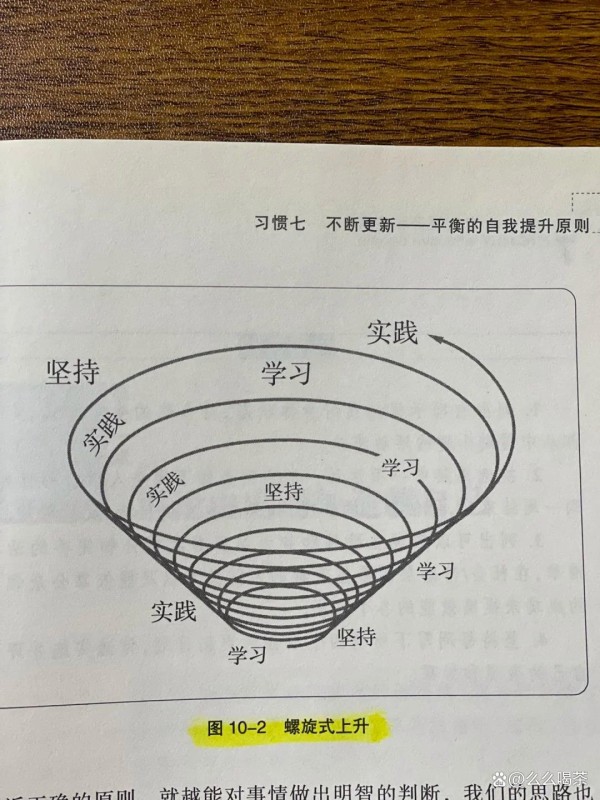
举报/反馈
网址:成功是一种习惯!一起来学习《高效能人士的七个习惯》 https://klqsh.com/news/view/232909
相关内容
探索成功学经典《高效能人士的七个习惯》《高效能人士的七个习惯》:养成这七个习惯,实现高效能人生
第一讲:高效能人士的七个习惯1
《高效能人士的七个习惯》
经典老书《高效能人士的七个习惯》,这些习惯现在学起来还不晚
第一讲:高效能人士的七个习惯.ppt
高效能人士的七个习惯
高效能人士的七个习惯..docx
高效能人士七种习惯提要
《高效能人士的七个习惯》:养成好习惯,成为更好的自己

